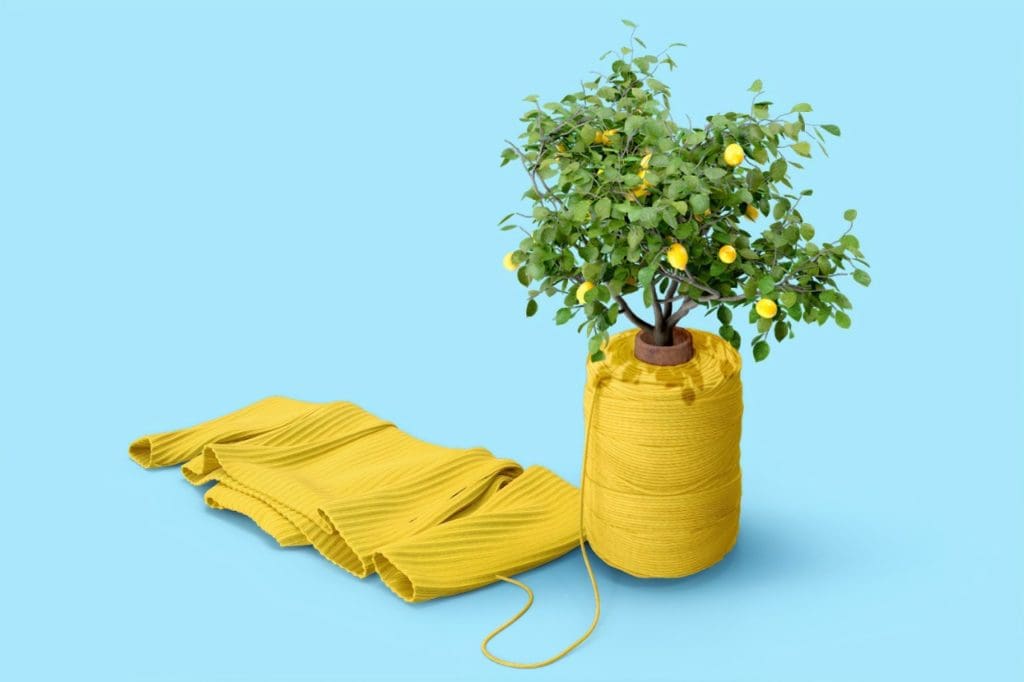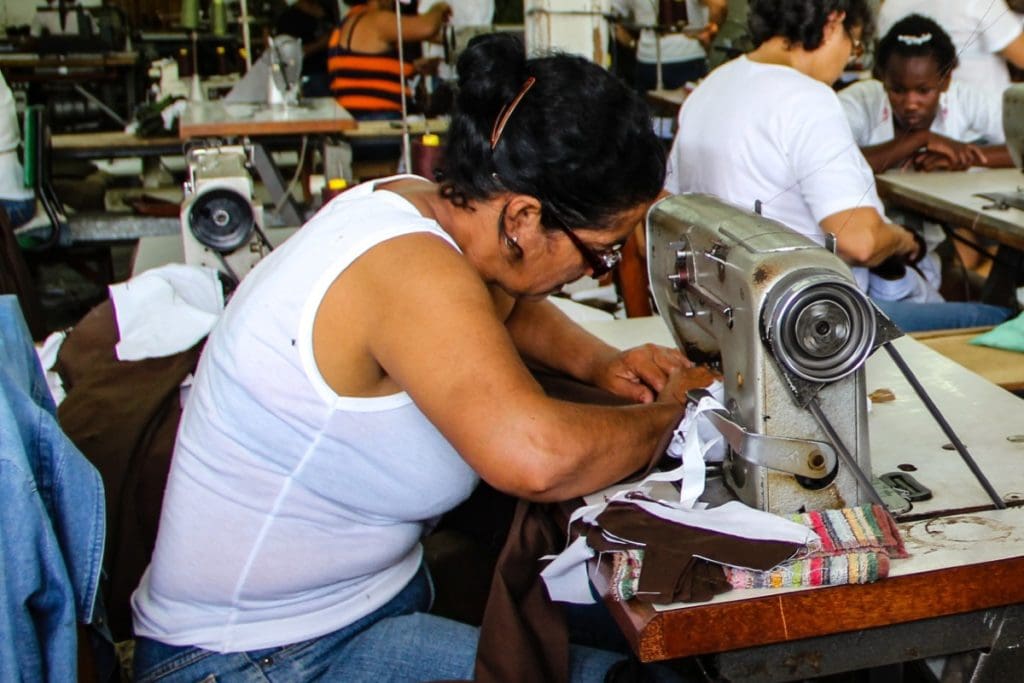How Sustainable are the Products You Sell?

Most of us in the bicycle industry already well understand that cycling is a sustainable mode of transport and provides positive environmental outcomes through its contribution to urban mobility and transport solutions.
It is also reasonably well accepted that the bicycle brings about community cohesion and social sustainability in areas where bikes are ridden frequently and commonly.
But what about the sustainability and ethics of our industry itself? There are many factors to consider: manufacture, materials used, product lifespan, reuse, repair, recyclability, packaging, transport miles, and working conditions for those involved in the making of bikes, parts, accessories, garments and apparel.
The sustainability and ethics of the supply-chain, logistics and full lifecycle of the bicycle industry appears to be the next frontier, and one which many bicycle industry brands and organisations are already starting to address. And of which some have been in the practice of for many years and even decades.

Rightly so – because some of our customers are starting to demand it. Consumers of all sports, activities and interests are showing greater consciousness towards product lifecycle, choosing to support companies who act ethically with a strong social and environmental compass. In the broader outdoor adventure industry, Patagonia is almost unquestionably leading the way, even encouraging consumers not to purchase their (or anyone else’s) products.
The cycling community – including outdoor adventurists, commuters, competitive cyclists and recreational families – arguably has an environmentally minded and socially conscious bent. As a gross generalisation, cyclists of all varieties are likely to care about the world around them more than the average Joe.
That is because for many, they are already making an environmentally conscious decision to ride a bike. Logic follows that they will also turn attention toward other aspects of the activity and industry to ensure other elements support their environmental efforts.

Here are a few bicycle brands which are making a concerted effort towards sustainability:
- Ale cycling – https://www.alecycling.com.au/blogs/news/prr-green-road
- Apidura bikepacking equipment – https://www.apidura.com/
- Black Sheep – https://au.blacksheepcycling.cc/pages/transparent-manufacturing
- Futurum – https://www.futurum.cc/eco-friendly
- Gore Wear – https://www.gorewear.com/us/en-us/cs-sustainablity.html
- Isadore Apparel – https://isadore.com/
- MAAP – https://maap.cc/blogs/news/our-road-to-a-more-sustainable-future
- Morvelo – https://www.morvelo.com/pages/sustainability
- OORR – https://oorr.com.au/
- Ortlieb – https://www.ortlieb.com/sustainability
- Rapha – https://www.rapha.cc/au/en_AU/sustainability
- Specialized – https://www.specialized.com/us/en/sustainability-product-strategies
- Trek Bikes – https://www.trekbikes.com/au/en_AU/company/sustainability/
This will certainly not be an exhaustive list. If you’re part of a business that has taken significant steps towards improving your sustainability, then we’d love to hear from you and give you due credit.
When selecting brands and products to stock in your store, if you’re wanting to appeal to the environmentally conscious customer, it would be worth your while to consider some of these brands. You could also research others, including those you currently stock and promote, to gauge their level of environmental consciousness. Increasingly, customers will preference and spend their money with those who are at the leading edge of this frontier.

While we’re on it – yes, money. Often it can cost more to produce parts, accessories and apparel that is ethically sourced and environmentally sustainable. Unfortunately, there is often no choice but to pass these costs on to consumers. And, of course, this forms part of their purchase consideration. Some will be prepared to pay more for a product they know has been produced responsibly. In time, with greater demand and more competition among brands and suppliers, costs will hopefully reduce.
But don’t just stock these brands for their social and environmental contributions. Make sure you promote that you’re doing this, and that you’re making a conscious decision to also be a leader in sustainability:
- Consider establishing a ‘sustainable by design’ section in your store.
- Include mention of the sustainable brands you stock in communications with your customers – in person and in e-news and on social media.
- Include a colour-coded sticker on the labels of those brands and products in your store which are built on sustainability.
Further Reading: Bike Citizens has a great article with more detailed information on this subject.
Anna Gurnhill is Managing Director at Anna Gurnhill Consulting which provides a range of professional services in the cycling industry. Key competencies include audience research, content development, editing and copywriting, marketing, business and product development, and strategic partnership development. https://annagurnhillconsulting.com | AnnaGurnhillConsulting@gmail.com | 0400 843 858
